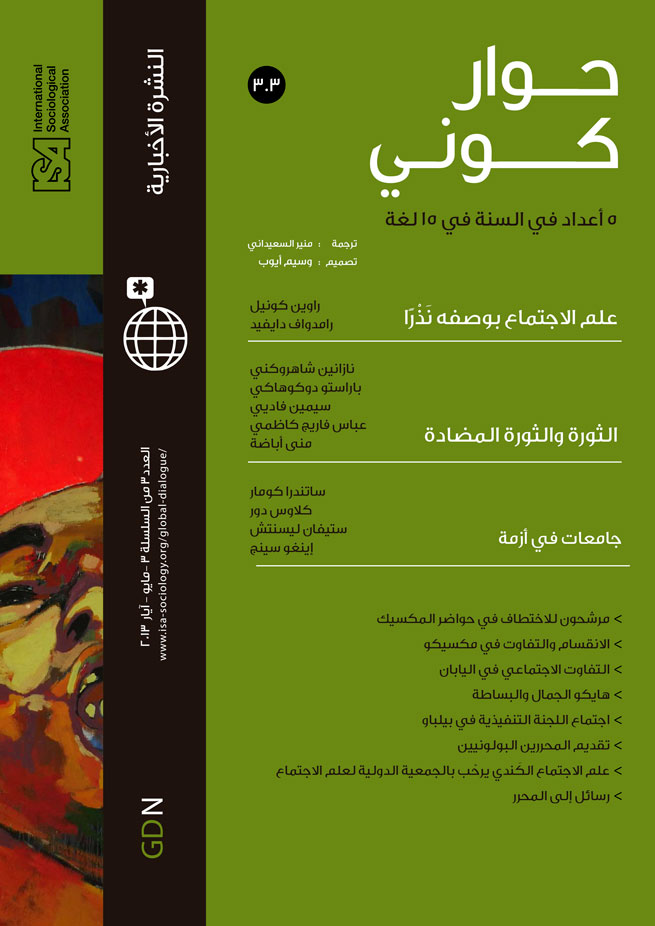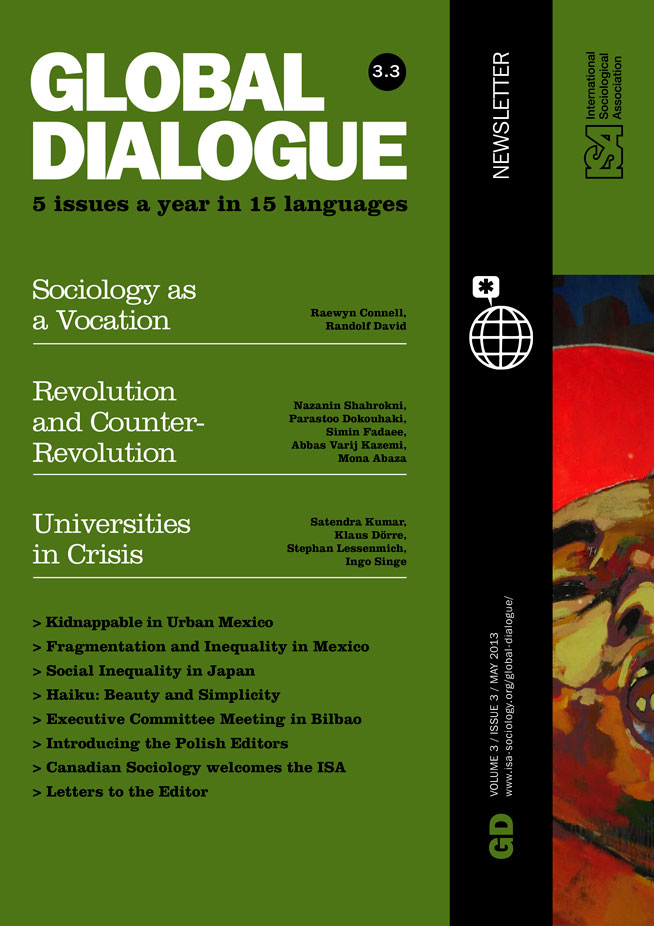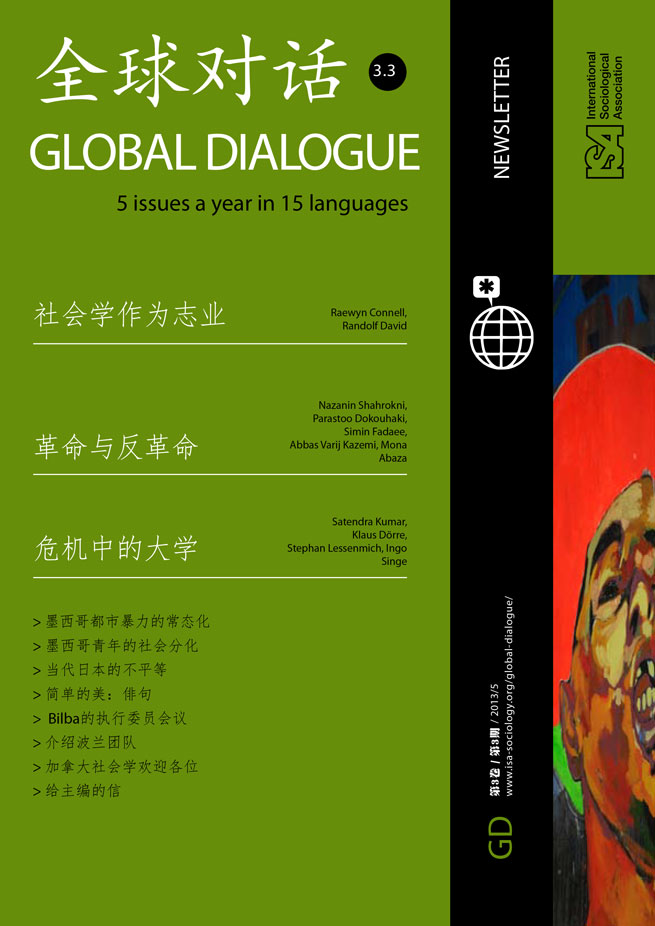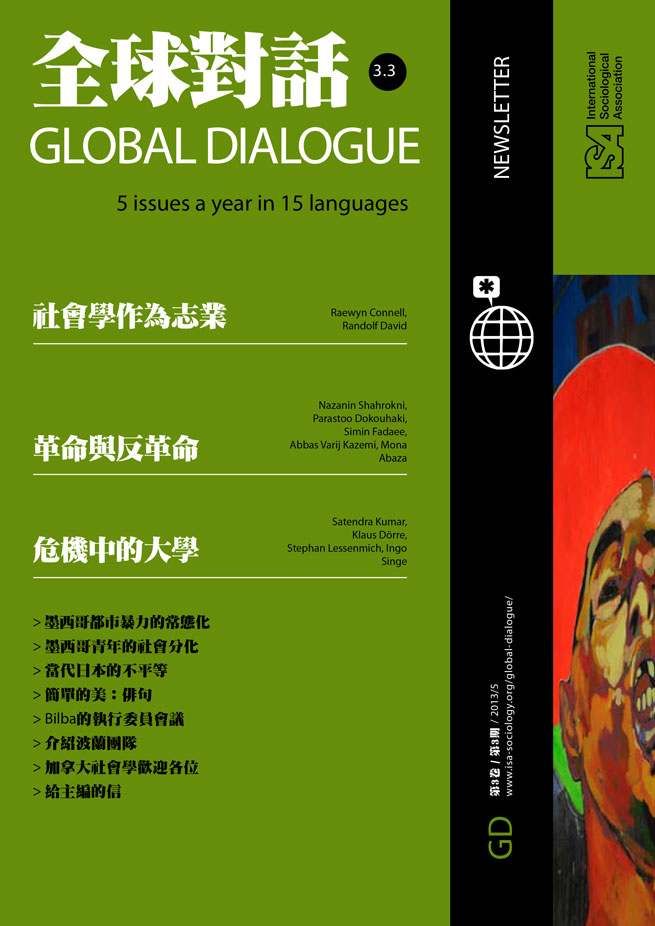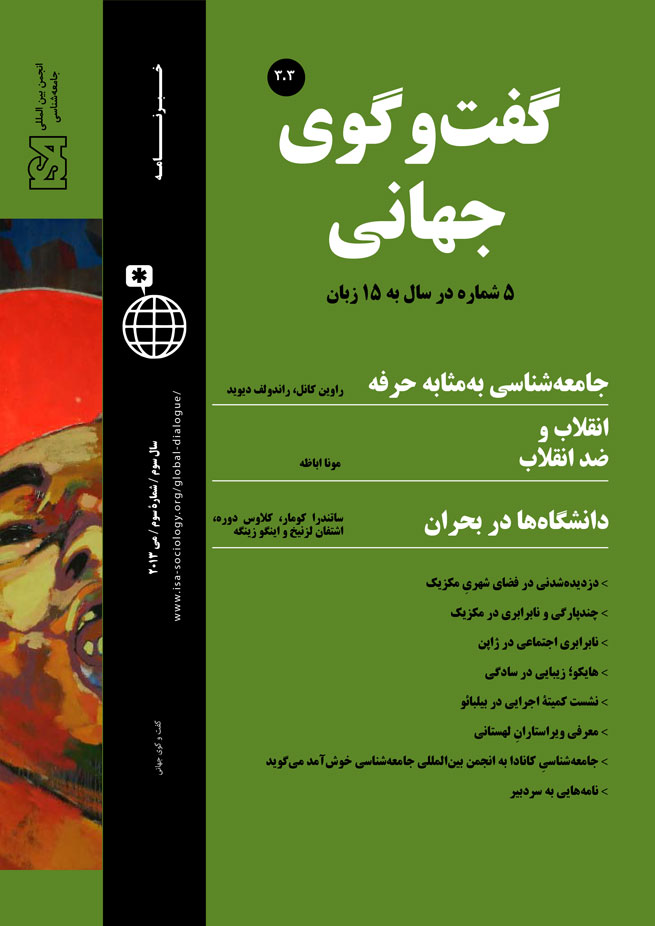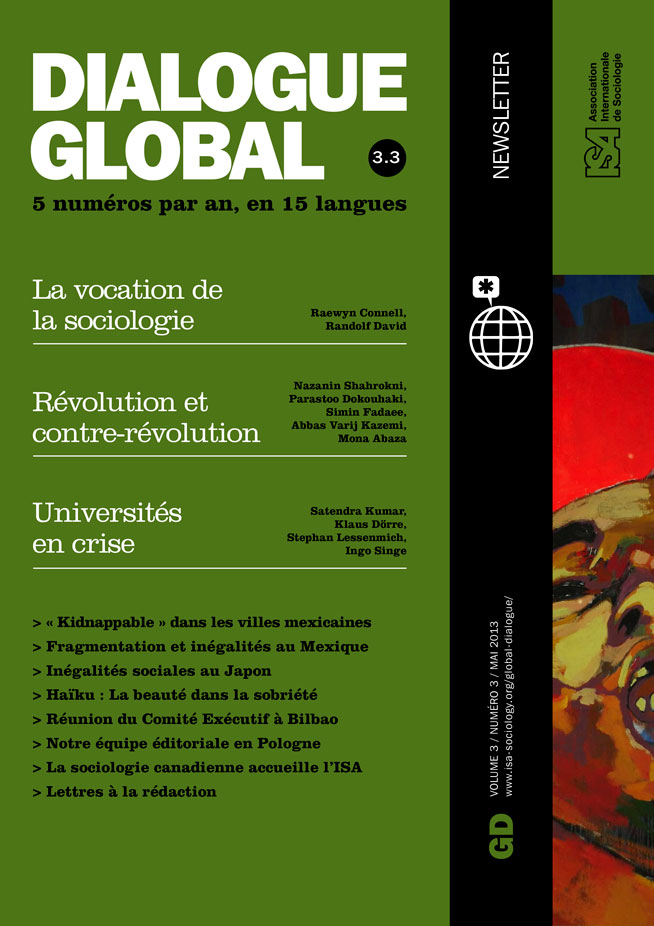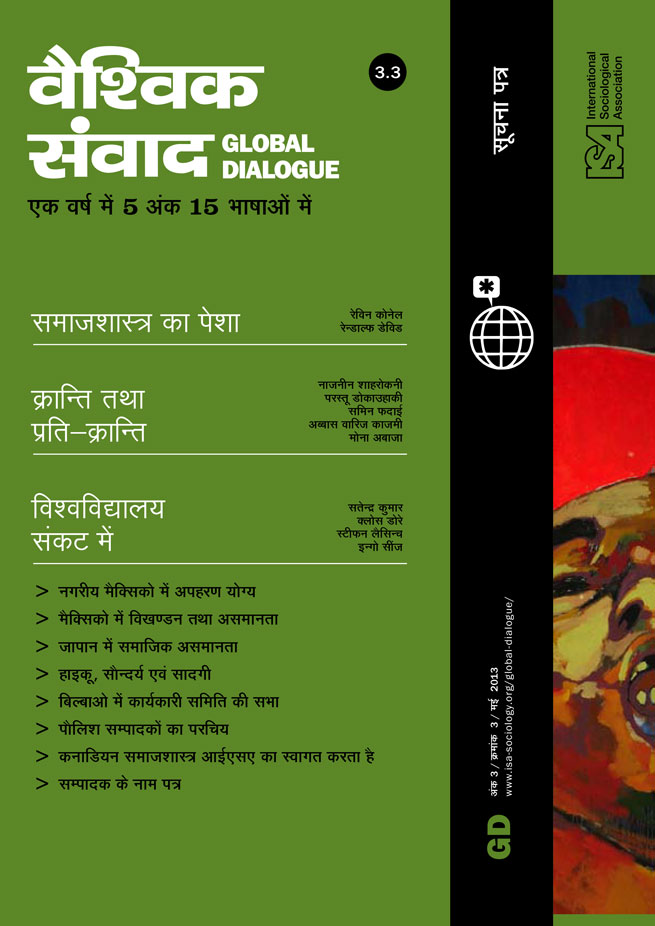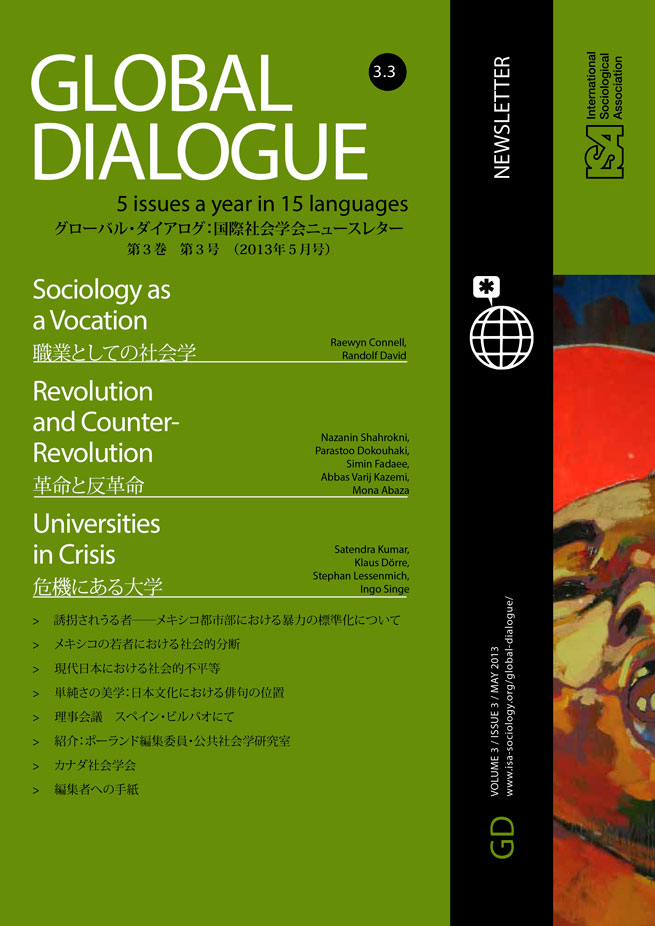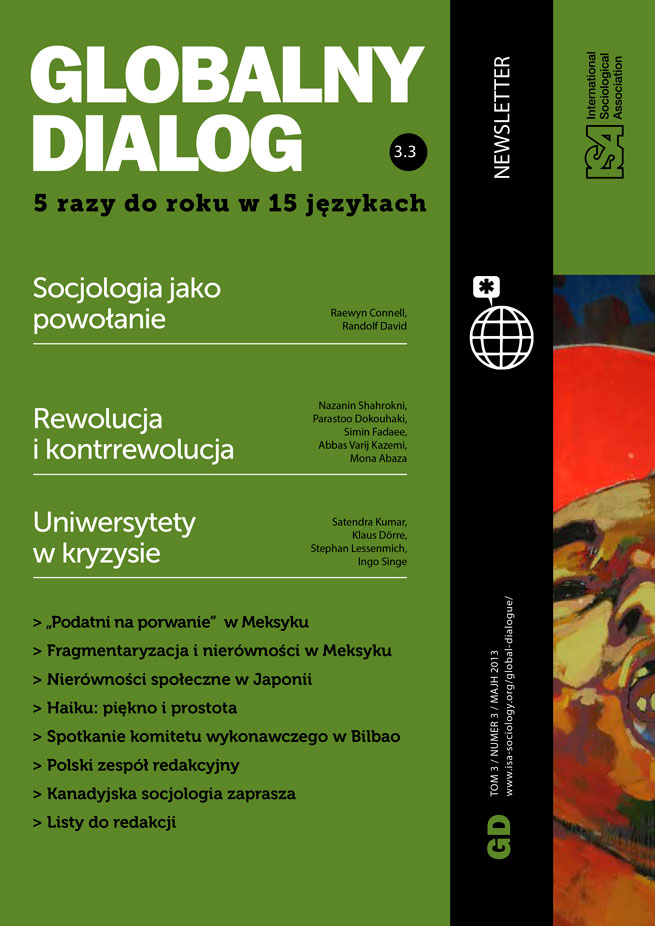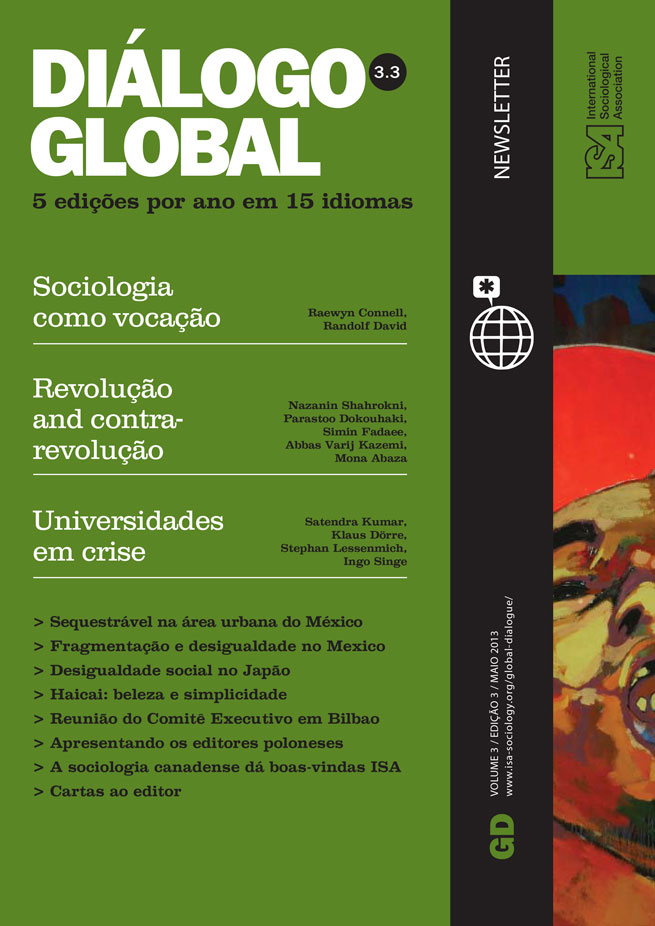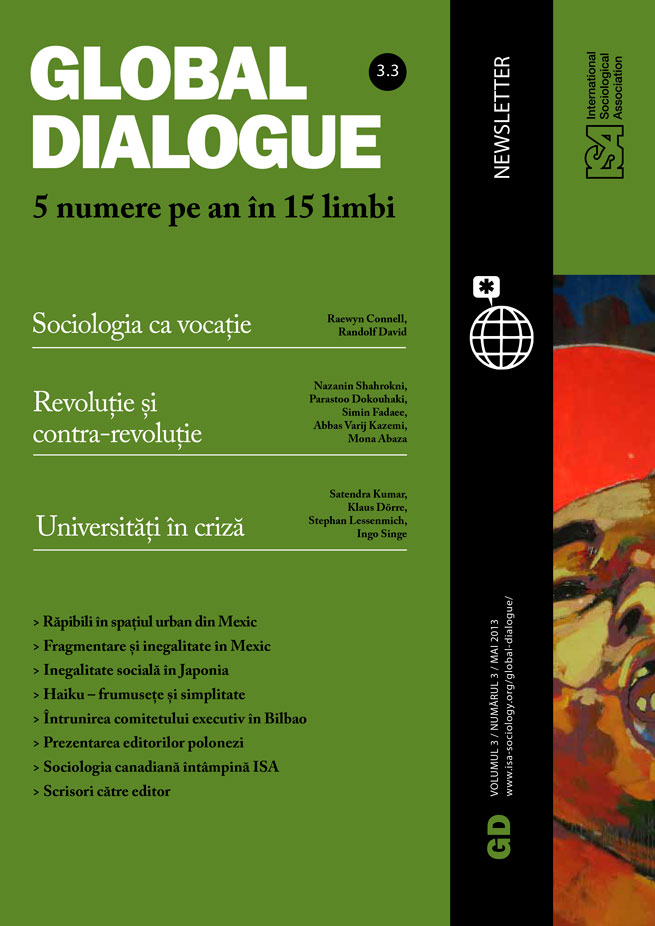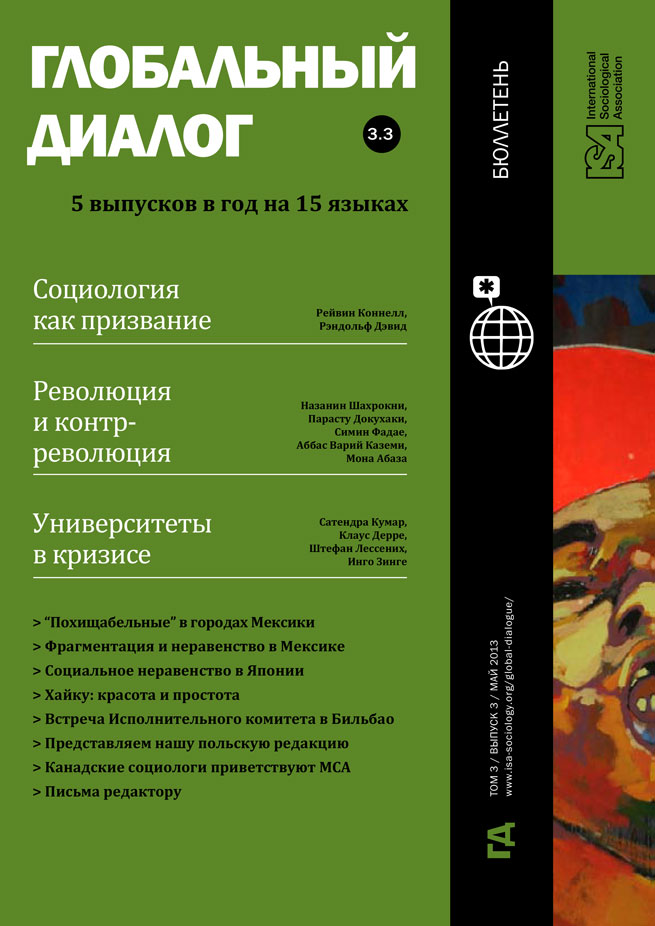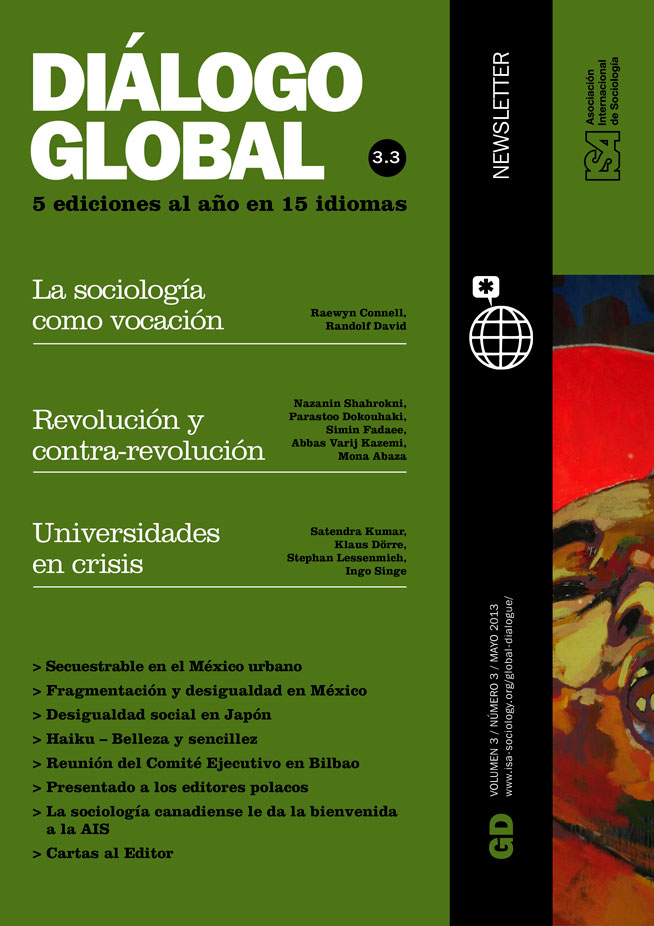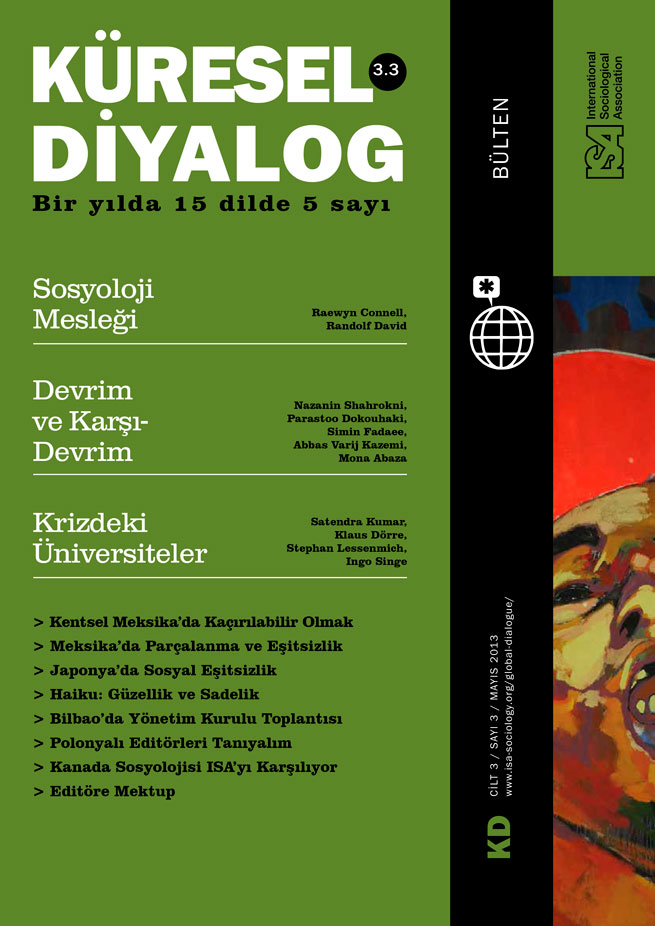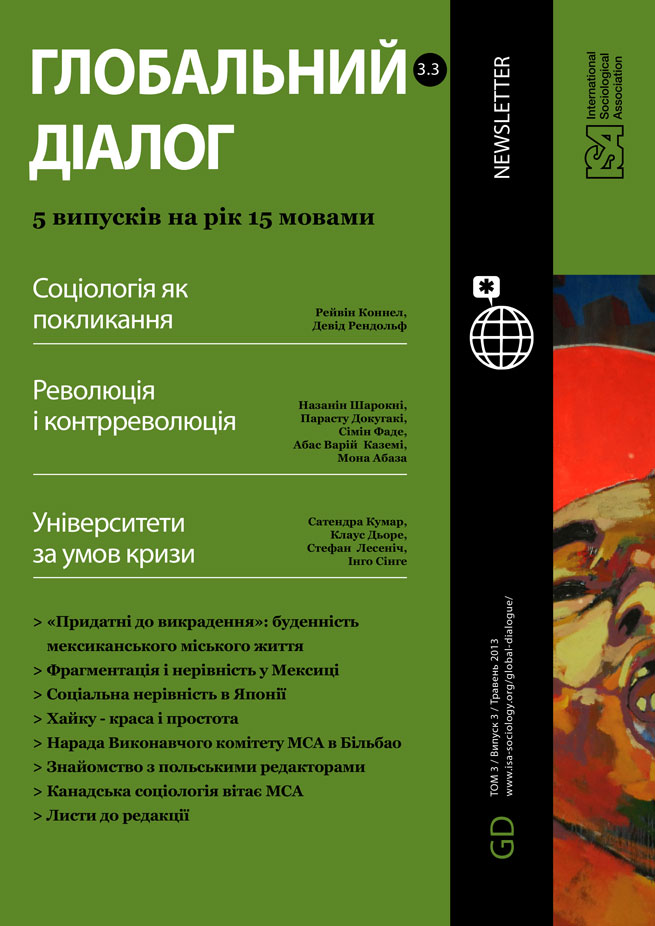Canadian Sociology is Ready to Welcome You!
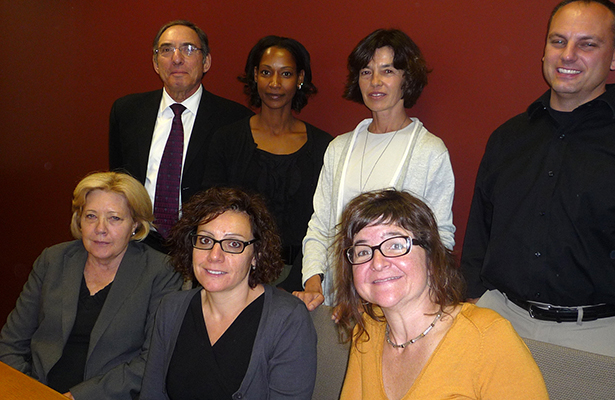
April 28, 2013
Canadian sociologists are pleased to share the news that Toronto, Canada, has been selected as the host city for the 2018 ISA World Congress. In the run-up to the World Congress in 2018, we hope to have many opportunities to get to know you, and you us, better. We are a peculiar but friendly bunch, both critical and self-reflexive. Let us begin then with a brief introduction to who we are and what we do.
Canadian Sociology. It is easier to identify what it isn’t, than to determine what it is and what makes us distinct; but to start, it isn’t dull, it isn’t static, it isn’t homogenous, and it isn’t easy to describe in a few words.
Sociology has (almost) always been open to borrowing from within and outside of the traditional disciplines and academia. We are a scavenging profession, not afraid to reach out to places, spaces and ideas typically outside “the norm.” We shed light. We rock boats. We question – even ourselves and what we do for a living. Over the years, like in other sociologies, Canadian sociologists have questioned who we are, what we do, and why we do it. In Canada, Robert Brym (2003), Neil McLaughlin (2005), and Doug Baer (2005), among others, have debated whether Canadian sociology is in crisis. The existence of such discussions and debates is a healthy sign, we think. And to put all concerns to rest, in the words of Mark Twain: “The reports of my death are greatly exaggerated.”
Canadian sociology is alive and well. In fact, the Canadian Sociological Association is growing, as are the reputations of Canadian journals of sociology. Dr. Reza Nakhaie (University of Windsor), the current editor of the Canadian Review of Sociology, the oldest peer-reviewed sociology journal in Canada, recently published an overview of the past 45 years of the journal’s history. In it he noted: “Les articles publiés dans la RCS ont contribué à la production d’un dialogue dynamique entre les sociologues et les autres intellectuels qui représentent le courant dominant et la sociologie scientifique du Canada, qui est universitaire et parfois même critique, radicale et oppositionnelle. En soi, la RCS représente et a constitué un canal pour la diffusion des idées et d’un dialogue entre les professionnels et les critiques universitaires canadiens” (Nakhaie, 2010: 320).[1]
What we hope will always remain true for our discipline is our ability to remain relevant. Sociologies that are not relevant probably deserve to be in crisis. An analysis of program descriptions from 54 English-speaking sociology departments from across Canada found that primarily undergraduate program departments emphasized the practice of critical thinking, the importance of a broad-based liberal arts education and the chance to make a lasting impact on surrounding social conditions (Puddephatt and Nelsen, 2010: 423). If we achieve even some of these with and for our undergraduate students (and even more with our graduate students), we are well on our way to proving our worthiness as a discipline.
To close this brief introductory piece, allow me to share with you the views of some of your colleagues from across Canada. In response to a cross-Canada email request for suggestions on what makes Canadian sociology distinct, for this article, your colleagues in Canada wrote:
- “Canadian sociologies are distinguished along a number of axes, including language, region, educational training, theoretical approach, and empirical application. If there is any consensus among the country’s sociologies it is around a commitment to integrating both American and European traditions, attention to historical trends, acceptance of mixed methods and a commitment to ‘critical’ engagement. The positioning of Canada’s sociologies occurred first in the Liberal Porterian tradition, to be followed by a Marxist new political economy, and more recently engagement with power from decolonial, feminist, post-modern, and emerging perspectives. Largely missing is a canonized perspective, which is a sign of Canadian sociology’s health.” (Dr. Howard Ramos, Associate Professor, Department of Sociology and Anthropology, Dalhousie University).
- A graduate theory seminar at the University of Saskatchewan discussed this and collectively wanted to share with you the following: “Canada’s disparate population distribution, combined with varied natural and geographic environments, offers challenges for understanding complex social relationships. Canadian sociology is enriched by its ability to understand the nuances of a highly diverse population. Canadian sociology has a critical edge that is important for exposing the ‘backstage’ of a national image and fabric that is often glossed over by notions of shared values and cultural attributes.”
- Dr. Nancy Mandell, department chair at York University, one of the largest sociology departments in the country, provided the following summary of her program: “Our inherited ‘niche,’ arising from the critical sociology of the 1960s and its application to Canada and internationally, is to offer our students a sociology of engagement. The Department, overall, takes a critical approach to scholarship that challenges conventional assumptions and, in so doing, aims for greater social justice on issues such as more equal access to health, sexual freedoms, and accountability of justice officials. Broadly speaking, it focuses on inequality, power relations, and ideology issues; it encourages social activism. Many faculty members have approaches emphasizing the centrality of history – especially the impact of colonial and imperial expansionism around the world – in analyses oriented to the understanding of our present.”
- Paula Graham, a PhD candidate in Sociology at Memorial University of Newfoundland wrote: “From the perspective of my research on social movements, the concept of ‘Canadian sociology’ is generally liberating. While I sympathize with efforts to identify what is Canadian about ‘Canadian sociology’ and solidify the field as a program in its own right, I consider the ambiguous identity of ‘Canadian sociology’ to be helpful. Without having to subscribe to an American, European, or other interpretive approach, I can more openly and receptively engage with literature and theories from all corners of sociology, including Canada”
And on that note, I close. Canadian sociologists look forward to welcoming you in person, for a lively exchange of ideas in our conference seminar rooms, pubs, and restaurants. Together, we are sure to forge new and exciting collaborations.
References
Baer, D. (2005) “On the Crisis in Canadian Sociology: Comment on McLaughlin,” Canadian Journal of Sociology 30(4): 491-502.
Brym, R. (2003) “The Decline of the Canadian Sociology and Anthropology Association.” Canadian Journal of Sociology 28: 411-416.
McLaughlin, N (2005) “Canada’s Impossible Science: Historical and Institutional Origins of the Coming-Crisis of Anglo-Canadian Sociology,” Canadian Journal of Sociology 30(1): 1-40.
Nakhaie, R. 2010. “Les 45 années de la Revue canadienne de sociologie (et d'anthropologie). 45 years of the Canadian Review of Sociology (and Anthropology).” Canadian Review of Sociology 47(3): 319-325.
Puddephatt, A. and R.W. Nelsen (2010) “The Promise of a Sociology Degree in Canadian Higher Education.” Canadian Review of Sociology 47(2): 405-430.
[1] Translation: “The articles published in the CRS have been instrumental in producing dynamic dialogue among sociologists and other intellectuals who represent Canada’s mainstream and scientific sociology which is academic and at times critical, radical and oppositional. As such, the CRS represents and has been an outlet for the dissemination of ideas and dialogue among Canadian professionals and critical academics”.
Patrizia Albanese, President-elect, Canadian Sociological Association; Chair, Local Organizing Committee of the 2018 ISA World Congress; and Ryerson University, Toronto, Canada

